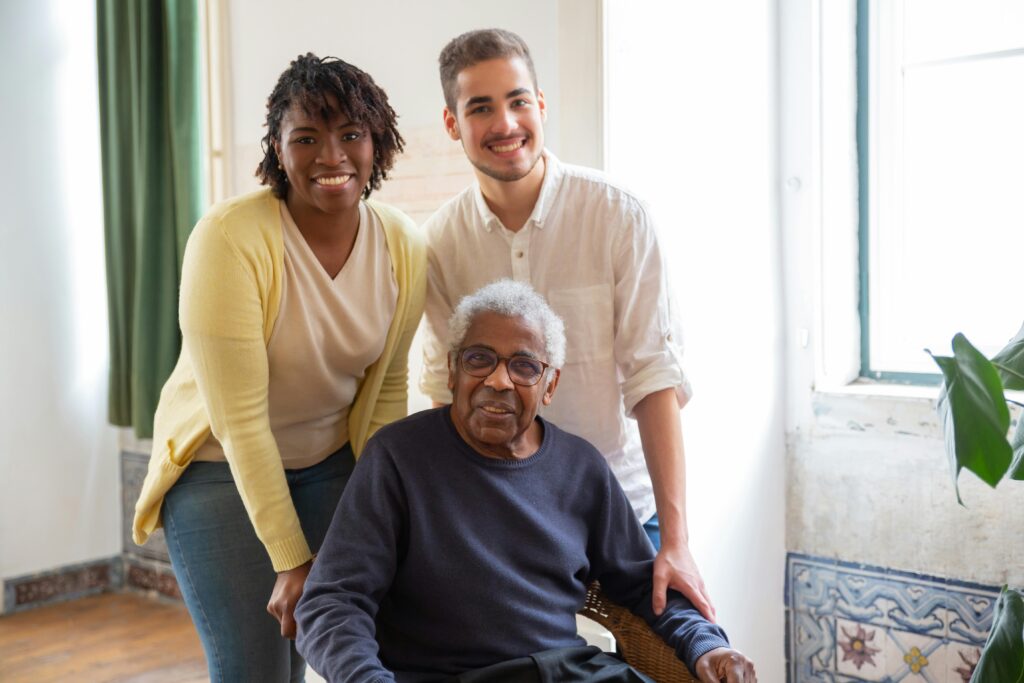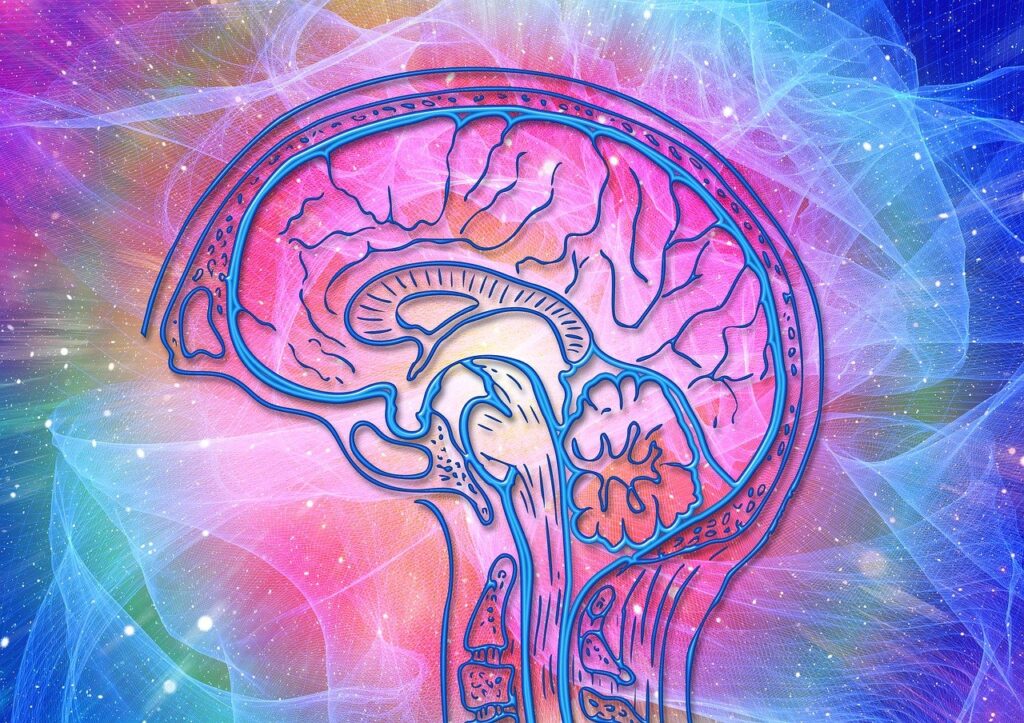Introduction:
As we age, maintaining good mental health becomes increasingly important for overall well-being and quality of life. However, many elderly individuals face significant challenges in this area, with social isolation emerging as a prevalent risk factor for mental health decline. In this blog post, we’ll explore the detrimental effects of social isolation on mental health in elderly populations and suggest practical strategies to combat isolation and promote mental well-being. We’ll also discuss how Ignite Health and Wellness can play a role in supporting the mental health needs of older adults.
The Impact of Social Isolation on Elderly Mental Health:
Social isolation refers to the lack of meaningful social connections and interactions, while loneliness is the subjective experience of feeling disconnected from others. Both social isolation and loneliness are prevalent among elderly populations and can have profound effects on mental health.
-
Increased Risk of Depression and Anxiety: Elderly individuals who are socially isolated are at a higher risk of developing depression and anxiety. The lack of social support and meaningful relationships can contribute to feelings of sadness, hopelessness, and worthlessness.
-
Cognitive Decline: Social isolation has been linked to cognitive decline and an increased risk of developing dementia and Alzheimer’s disease. Without regular social stimulation and engagement, the brain may experience a decline in cognitive function over time.
-
Physical Health Consequences: Social isolation is not only detrimental to mental health but also has negative implications for physical health. Studies have shown that socially isolated elderly individuals are at a higher risk of developing chronic conditions such as cardiovascular disease, hypertension, and diabetes.
Strategies to Combat Social Isolation and Improve Mental Health:
-
Promote Social Connections: Encourage elderly individuals to engage in social activities and maintain connections with friends, family, and community members. This could include joining clubs, volunteering, attending social events, or participating in group activities such as exercise classes or hobby groups.
-
Utilize Technology: Teach elderly individuals how to use technology to stay connected with loved ones, especially if they are unable to meet in person. Video calls, social media, and messaging apps can provide a sense of connection and reduce feelings of loneliness.
-
Provide Transportation Assistance: Lack of transportation can be a barrier to social engagement for many elderly individuals. Offer transportation assistance or coordinate community resources such as senior transportation services to help older adults attend social outings and appointments.
-
Encourage Intergenerational Activities: Facilitate intergenerational activities that bring together elderly individuals and younger generations. This could include mentoring programs, story-sharing sessions, or collaborative art projects that foster meaningful connections and mutual support.
-
Offer Support Groups: Provide access to support groups for elderly individuals experiencing loneliness, depression, or other mental health concerns. Support groups offer a safe and supportive environment for sharing experiences, receiving encouragement, and learning coping strategies from peers.
-
Provide Mental Health Services: Offer mental health services tailored to the unique needs of elderly individuals. This could include therapy, counseling, medication management, and psychiatric evaluations to address depression, anxiety, and other mental health issues.
How Ignite Health and Wellness Can Help:
At Ignite Health and Wellness, we recognize the importance of addressing mental health concerns in elderly populations. Our team of compassionate professionals specializes in providing personalized mental health care for older adults, including therapy, counseling, and medication management. We offer a supportive and nonjudgmental environment where elderly individuals can feel heard, understood, and empowered to improve their mental well-being.
Additionally, we offer community outreach programs and support groups specifically designed for elderly individuals experiencing social isolation and loneliness. Through these programs, we aim to foster social connections, provide emotional support, and promote overall mental health and well-being in elderly populations.
Conclusion:
Social isolation is a significant risk factor for mental health decline in elderly populations, but it doesn’t have to be inevitable. By implementing practical strategies to combat isolation and promote social connections, we can improve the mental well-being of older adults and enhance their overall quality of life. At Ignite Health and Wellness, we’re committed to supporting elderly individuals on their journey towards better mental health and greater social connectedness. If you or a loved one is struggling with loneliness or mental health concerns, don’t hesitate to reach out to us for support and guidance. Together, we can combat social isolation and create a community where elderly individuals feel valued, supported, and connected.




